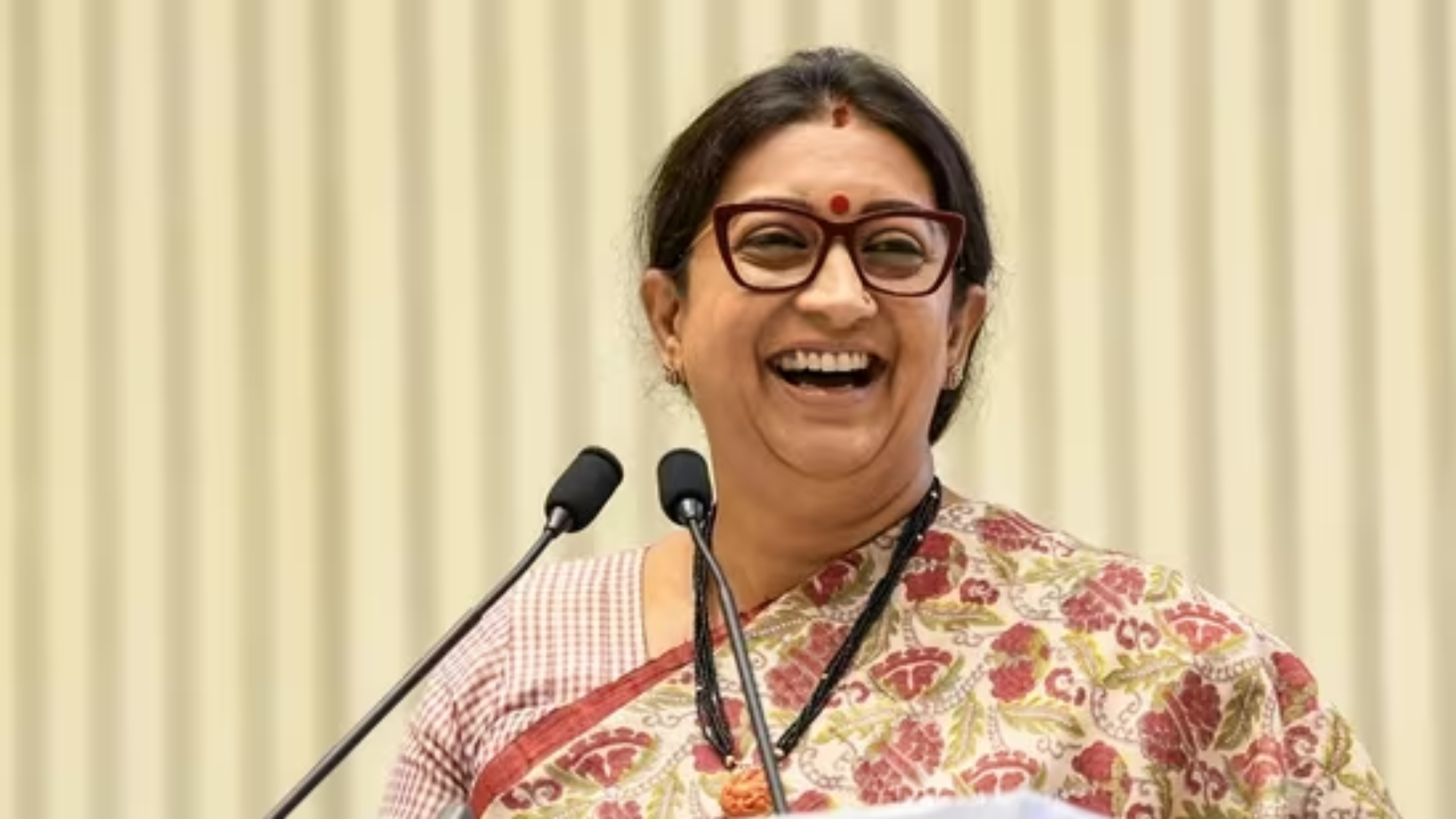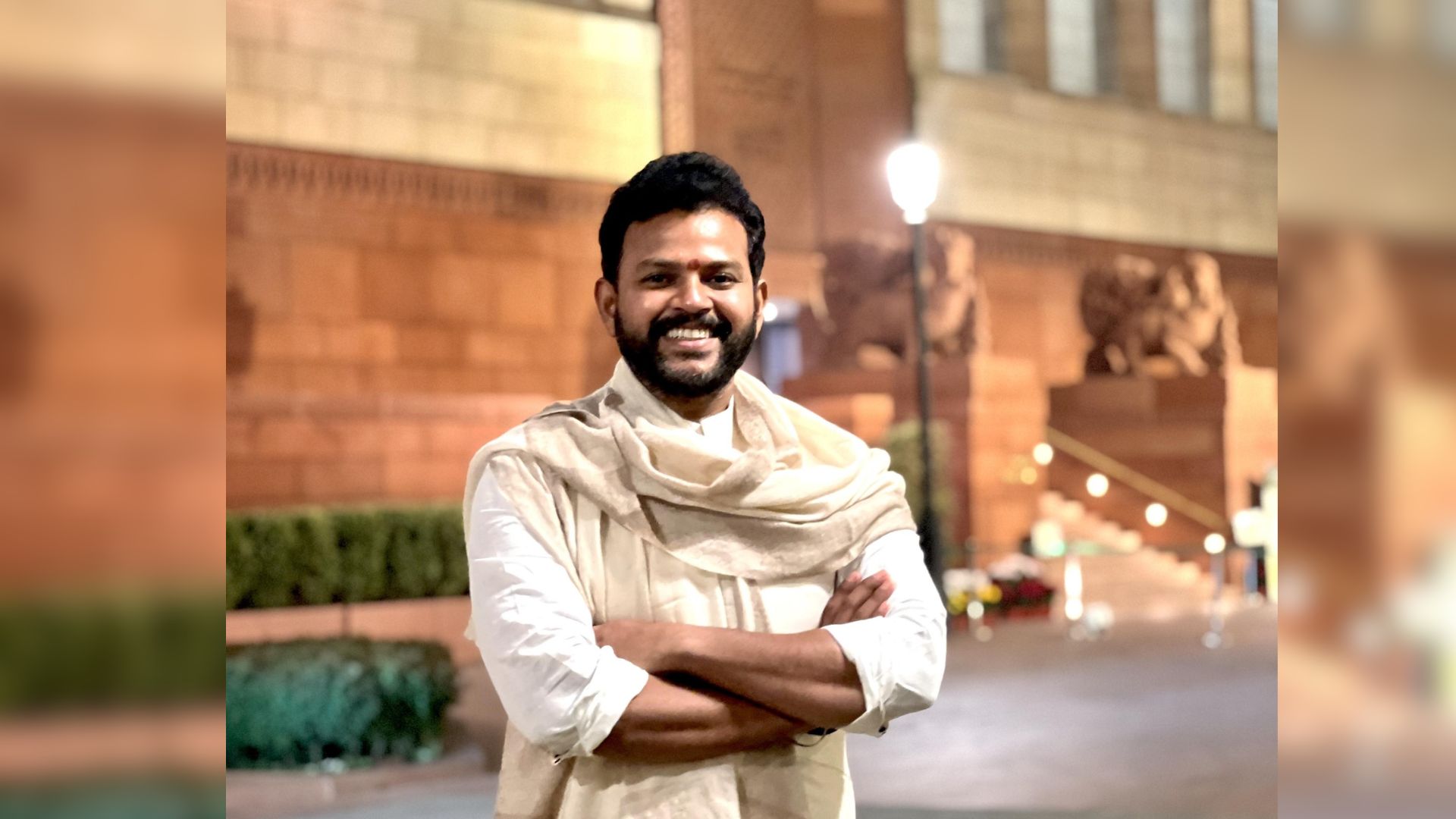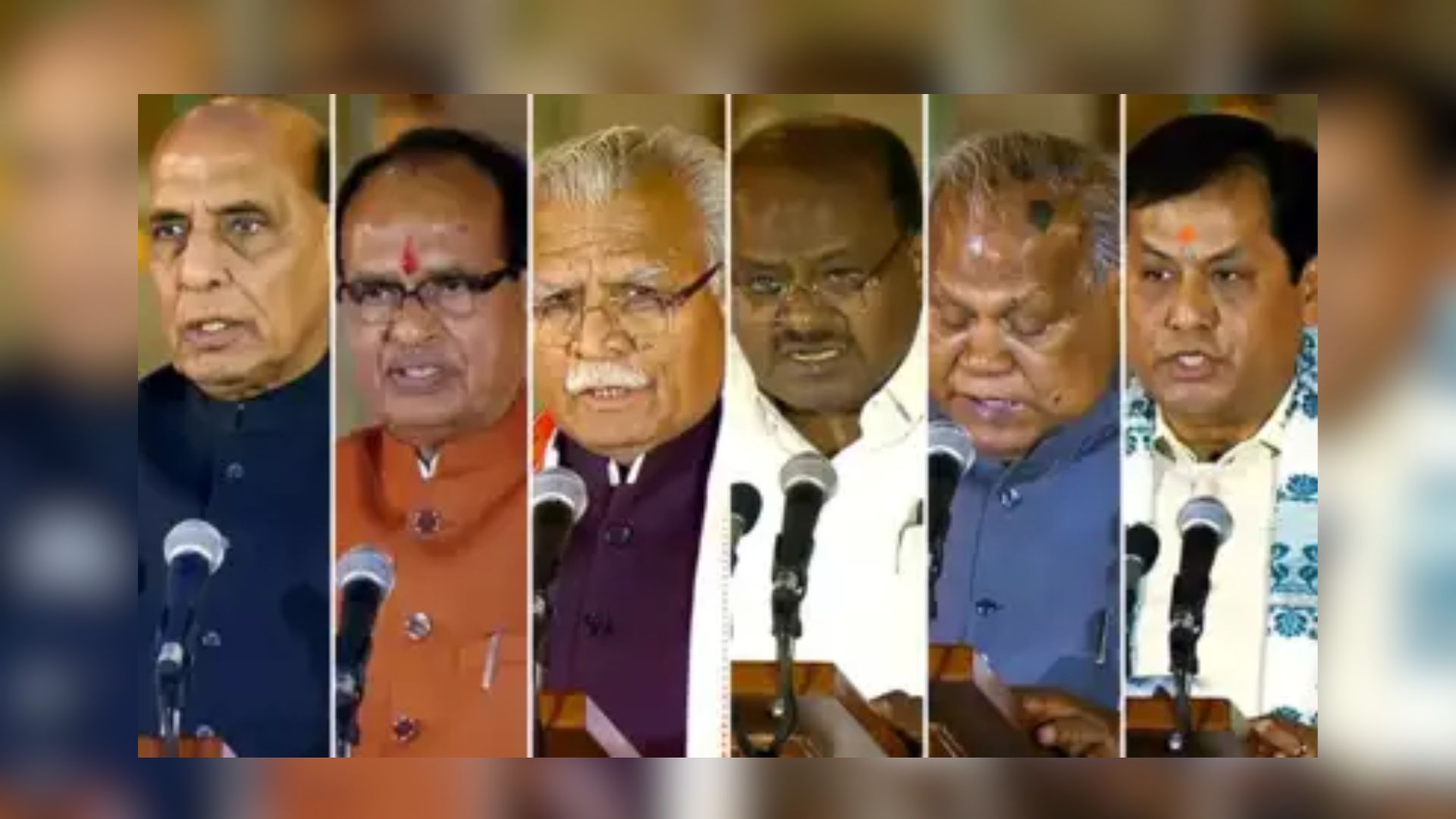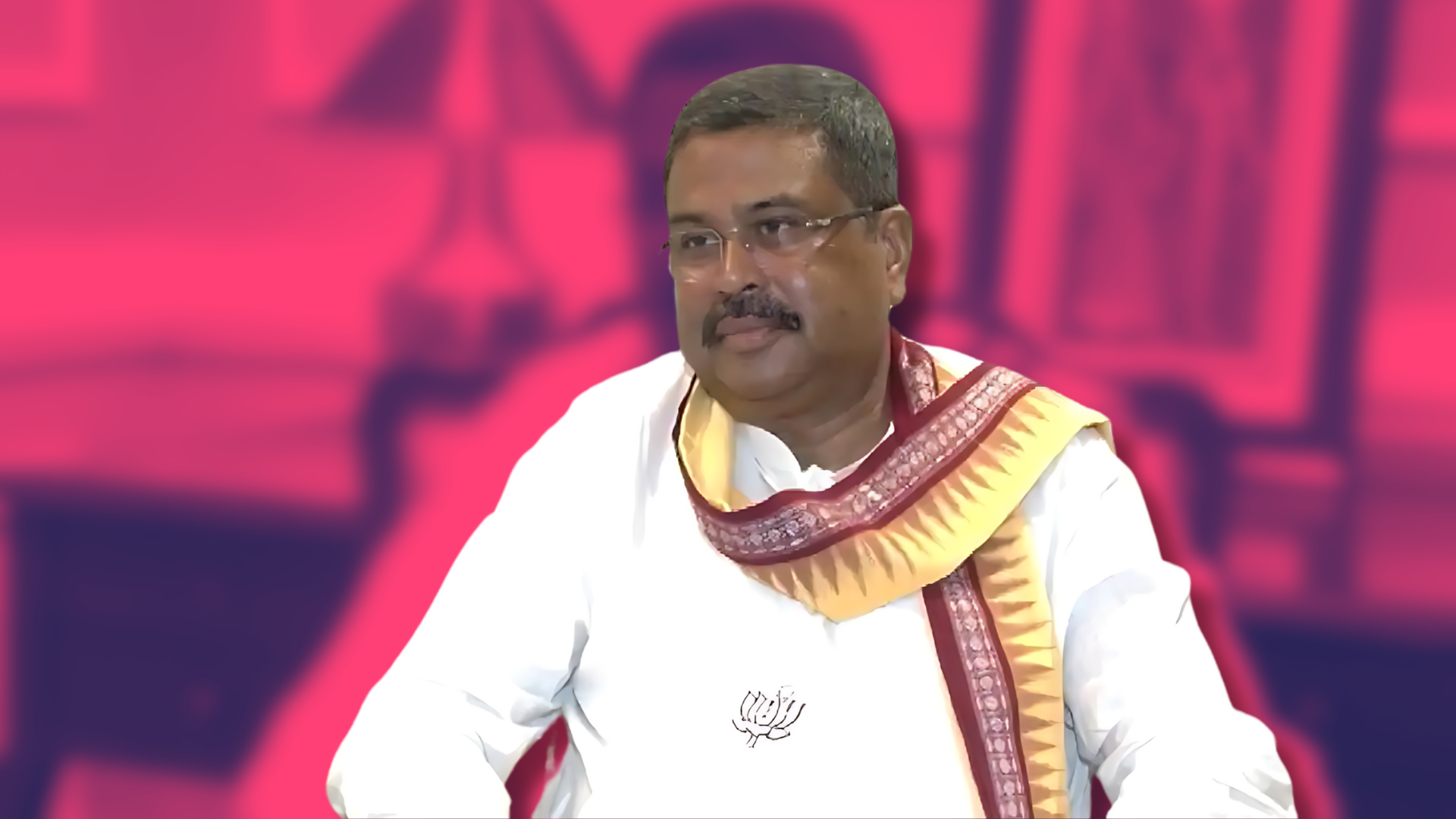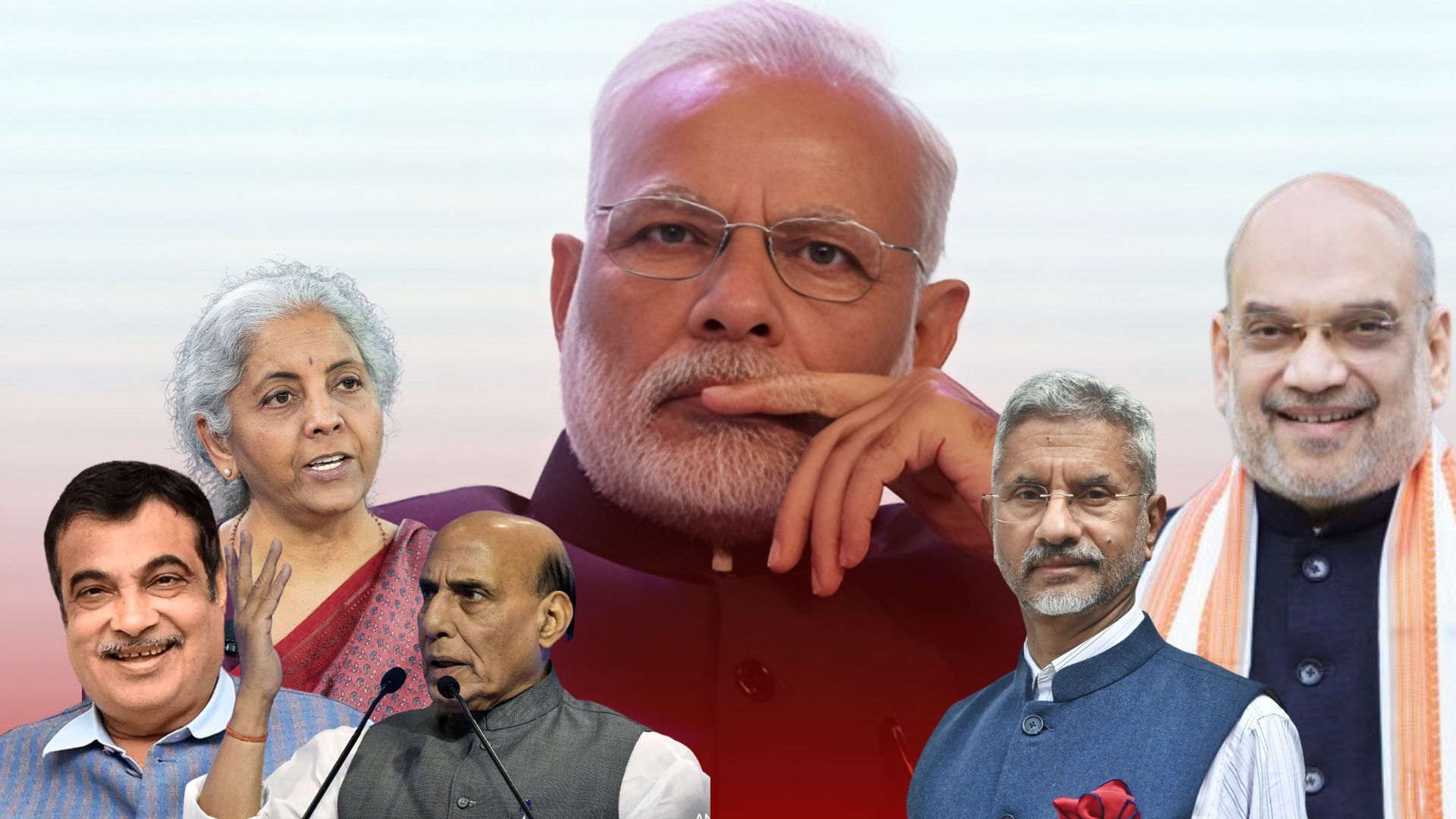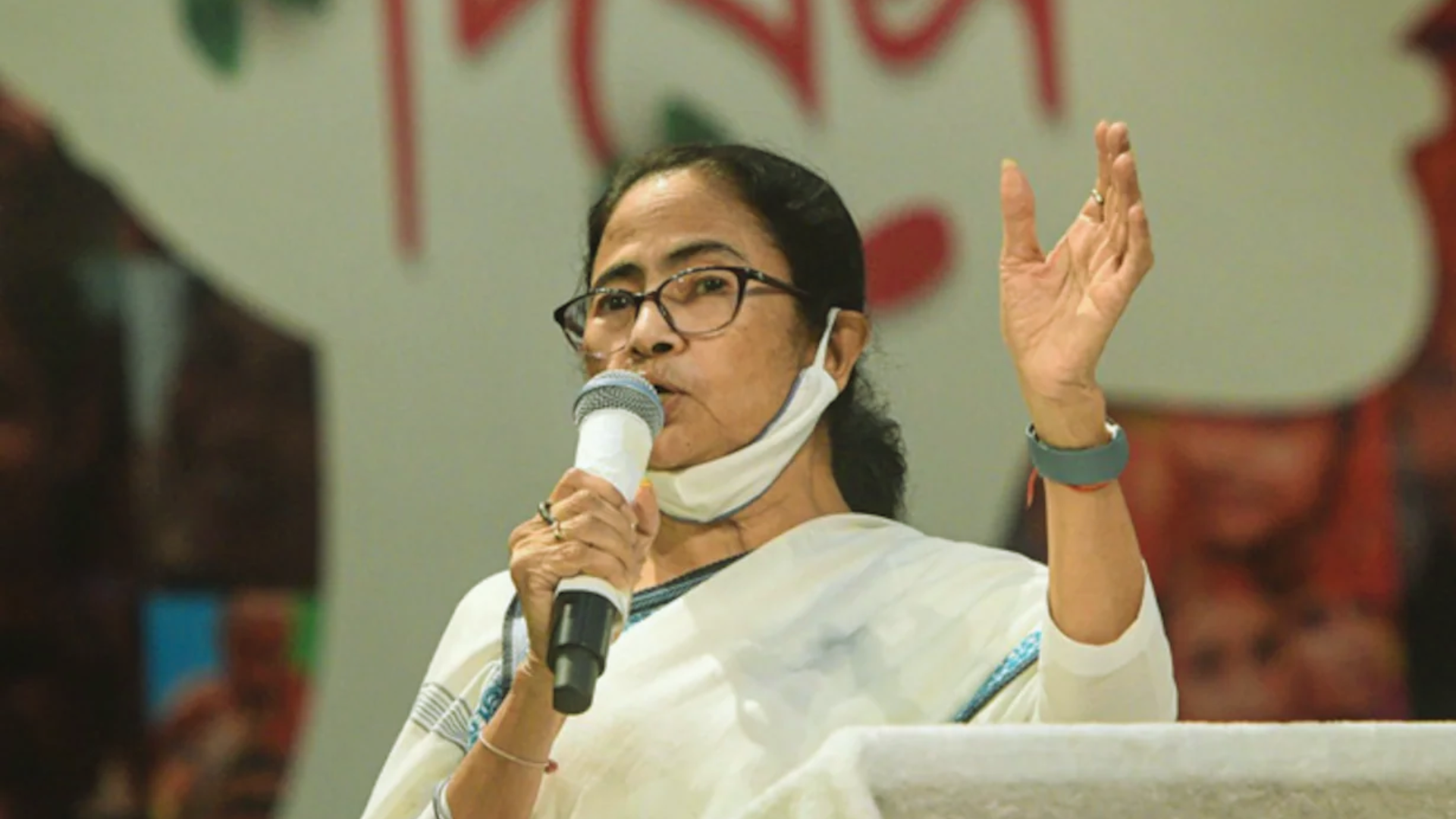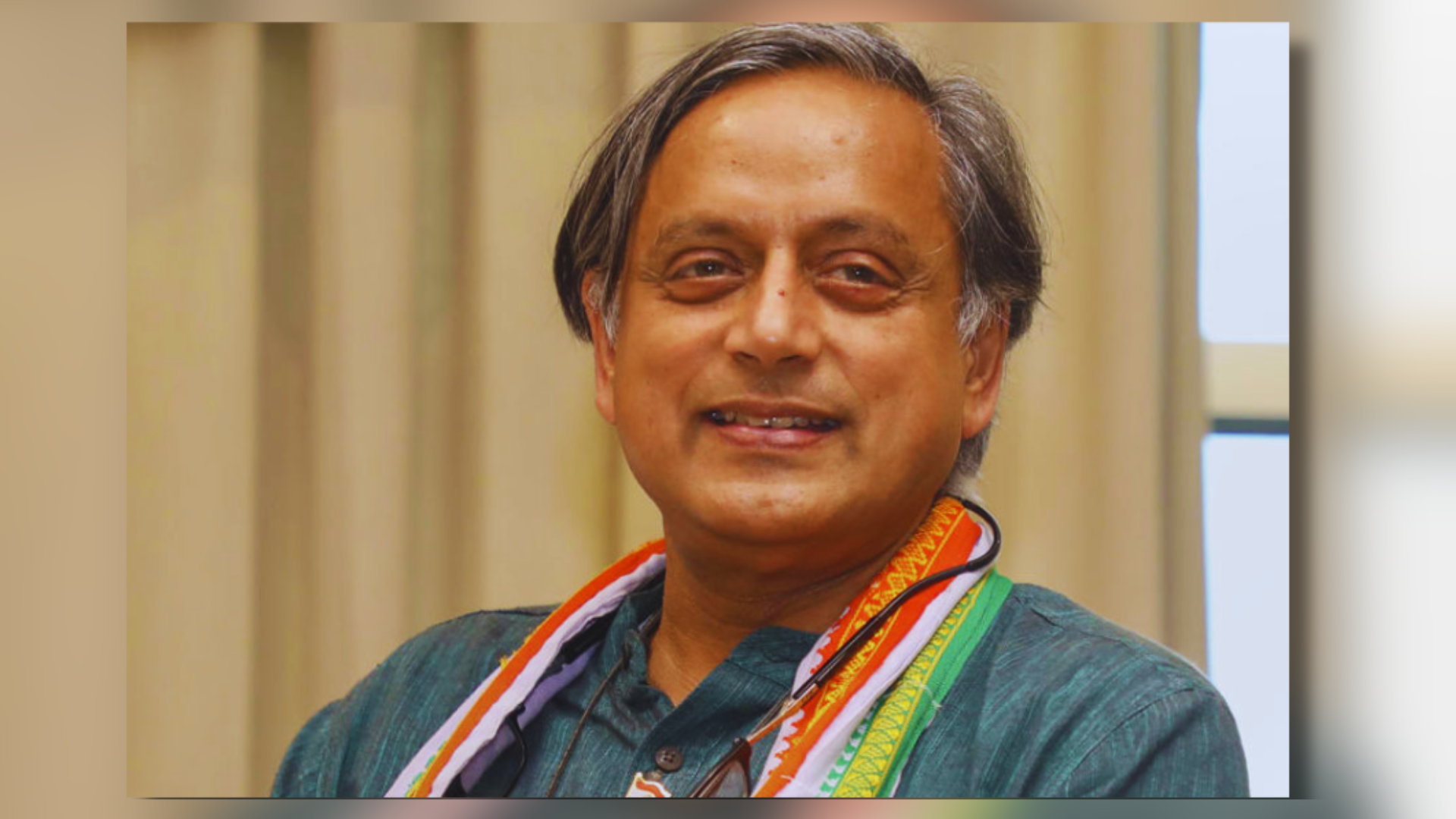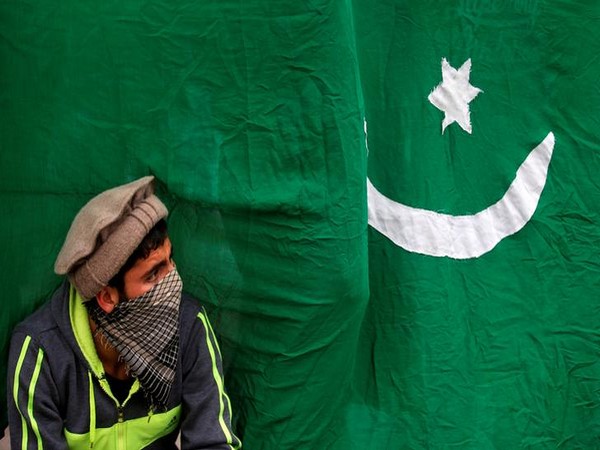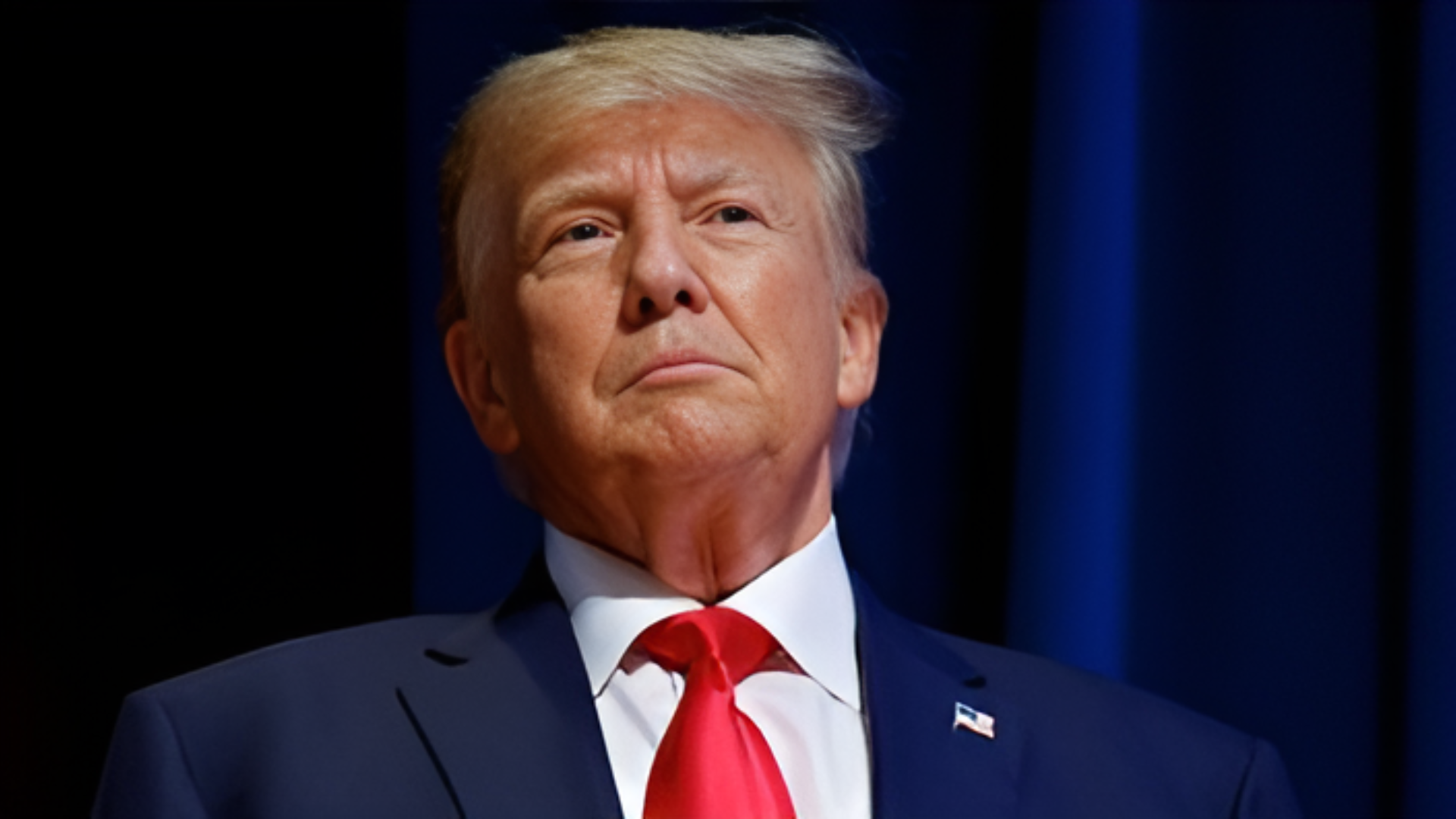West Bengal Chief Minister Mamata Banerjee has intensified her criticism of the Bharatiya Janata Party (BJP) and Defense Minister Rajnath Singh over recent statements regarding the implementation of contentious laws such as the Citizenship Amendment Act (CAA), National Register of Citizens (NRC), and Uniform Civil Code (UCC) in the state.
Addressing a rally in support of TMC candidate Kirti Azad in Bardhaman-Durgapur, Mamata Banerjee vehemently opposed Rajnath Singh’s assertion that no one could prevent the enforcement of the CAA. She expressed disappointment in Singh’s choice of words and accused him of subservience to Prime Minister Narendra Modi, suggesting that Singh and Nitin Gadkari could have been Prime Ministers if not for their allegiance to Modi.
Banerjee’s remarks come in response to Singh’s statement made during a rally in Murshidabad, where he asserted that no force in the world could obstruct the implementation of the CAA. Despite opposition from Banerjee, Singh reiterated the BJP’s commitment to implementing the controversial law.
Taking aim at PM Modi, Mamata Banerjee accused him of failing to fulfill promises made during the 2014 elections. She criticized Modi’s omnipresence in political campaigns and questioned the significance of his ubiquitous photographs.
In her speeches in West Burdwan and East Burdwan, Banerjee continued her tirade against the BJP, predicting electoral losses for the party in various states, including Uttar Pradesh, Bihar, Karnataka, Telangana, Rajasthan, Tamil Nadu, and Kerala. She alleged that the BJP’s massive spending on publicity campaigns did not resonate with the people.
YOU MAY ALSO LIKE : Musk’s Vow Of ‘Affordable’ Tesla Models Boosts Market Confidence
Banerjee also raised concerns about the BJP’s interference in dietary choices, citing bans on the sale of eggs in Rajasthan and the closure of meat shops in Madhya Pradesh. She rallied support against such impositions, emphasizing the need to protect individual rights and freedoms from BJP’s alleged authoritarianism.
Accusing the BJP of harboring criminals and fraudsters, Banerjee condemned the lack of scrutiny faced by BJP leaders from federal probe agencies. She highlighted instances of resistance against the BJP in states like Haryana, where farmers oppose the party’s policies.
As Banerjee continues to mobilize support against the BJP, her rallying cry resonates with concerns over the erosion of democratic values and individual liberties in the face of what she perceives as BJP’s hegemonic ambitions.
In conclusion, Mamata Banerjee’s staunch opposition to the implementation of CAA, NRC, and UCC reflects a broader resistance against perceived encroachments on state autonomy and individual freedoms by the BJP-led central government. As the political discourse intensifies, the battle lines are drawn between Banerjee’s vision of inclusive governance and the BJP’s agenda of ideological hegemony.


